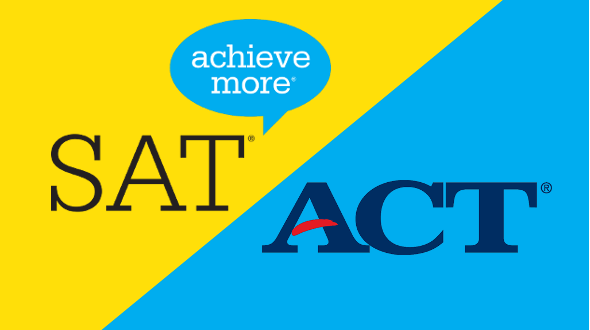The Road to 1600 is No More

November 27, 2022
Syracuse had done it, Columbia University had done it too, NYU followed. Even Stanford jumped on the bandwagon. More than 1,000 U.S. colleges and universities have instituted a “test optional” policy for students applying for freshman year 2023-2024. This means that students will no longer be required to submit SAT/ACT scores to the chosen college. This would also mean that schools will now have to rely on more specific forms of assessing a student’s value to the school, rather than their SAT or ACT scores alone. The news is making waves for students at SBHS as they point out many flaws of the SATs. Flaws that many colleges today not only acknowledged over the COVID lockdowns, but responded with a test optional solution.
Bella M., a sophomore at SBHS, was concerned about the timing of one assessment.
“We are not going to remember everything from the past four or so years”, said the SBHS sophomore.
She had regarded the PSATs, a practice SAT exam that students take throughout their years at high school leading up to the SAT. For years, students have been preparing and studying, working hard toward the goal of getting 1,400+ score. A score that could very well decide the upcoming years of one’s life. However, now that schools will be switching, will students still take the test?
SBHS ’22 graduate, AS exclaimed that she wouldn’t think twice about not taking the test and even wished that colleges decided this sooner.
“I hated that test so much I didn’t even care to remember what I got,” said AS.
Students still have the option to take the exam, however, not taking it won’t bar you from being accepted into colleges. CollegeData, a college prep agency, put out a statement reminding students of the importance of taking the SAT, whether it is required or not.
“It is important to remember that a test-optional college will consider your test scores if you submit them, along with the other parts of your application. This is different than test-blind colleges, which will not consider ACT or SAT scores at all,” CollegeData.
With SAT scores still helping students for admission into colleges, will high schools still require it to pass?
Currently, only eight states require SATs to pass as a benchmark for high school. This includes Colorado, Connecticut, Delaware, Illinois, Michigan, New Hampshire, Rhode Island, and West Virginia. Such rules vary throughout the states. In Florida, a student does not need to take the SAT or ACT exam to graduate.
California is planning on eliminating ACT and SAT college exams entirely by 2025. CSU’s (California State University) Board of Trustees released a statement regarding the equity and access to the acceptance given to their proposal to remain permanently test optional. This is most likely the first of many colleges to become permanently test optional. As CSU is the largest four-year university in the US, their unprecedented conclusion opens a door for influence on many other schools across the nation
FSU, as well as the other Florida public universities, remained mandatory SAT/ACT schools after the Florida Board of Governors stood unwavering following The National Association for College Admission Counseling plead otherwise. They claimed that the SAT mandatory system “creates an outsized burden for all families” when regarding low income, POC (people of color), and first-generation families. Although the board was unimpressed when receiving reasoning to end mandatory test admissions, their decision will only affect public state colleges.











